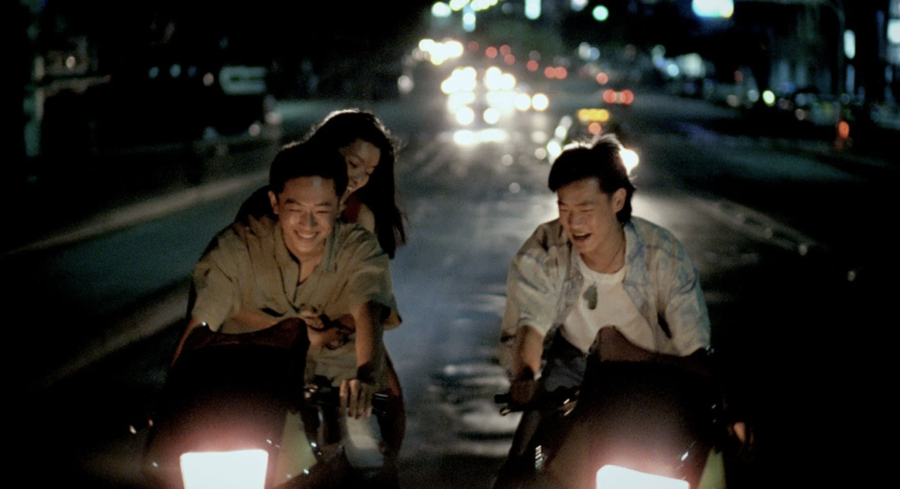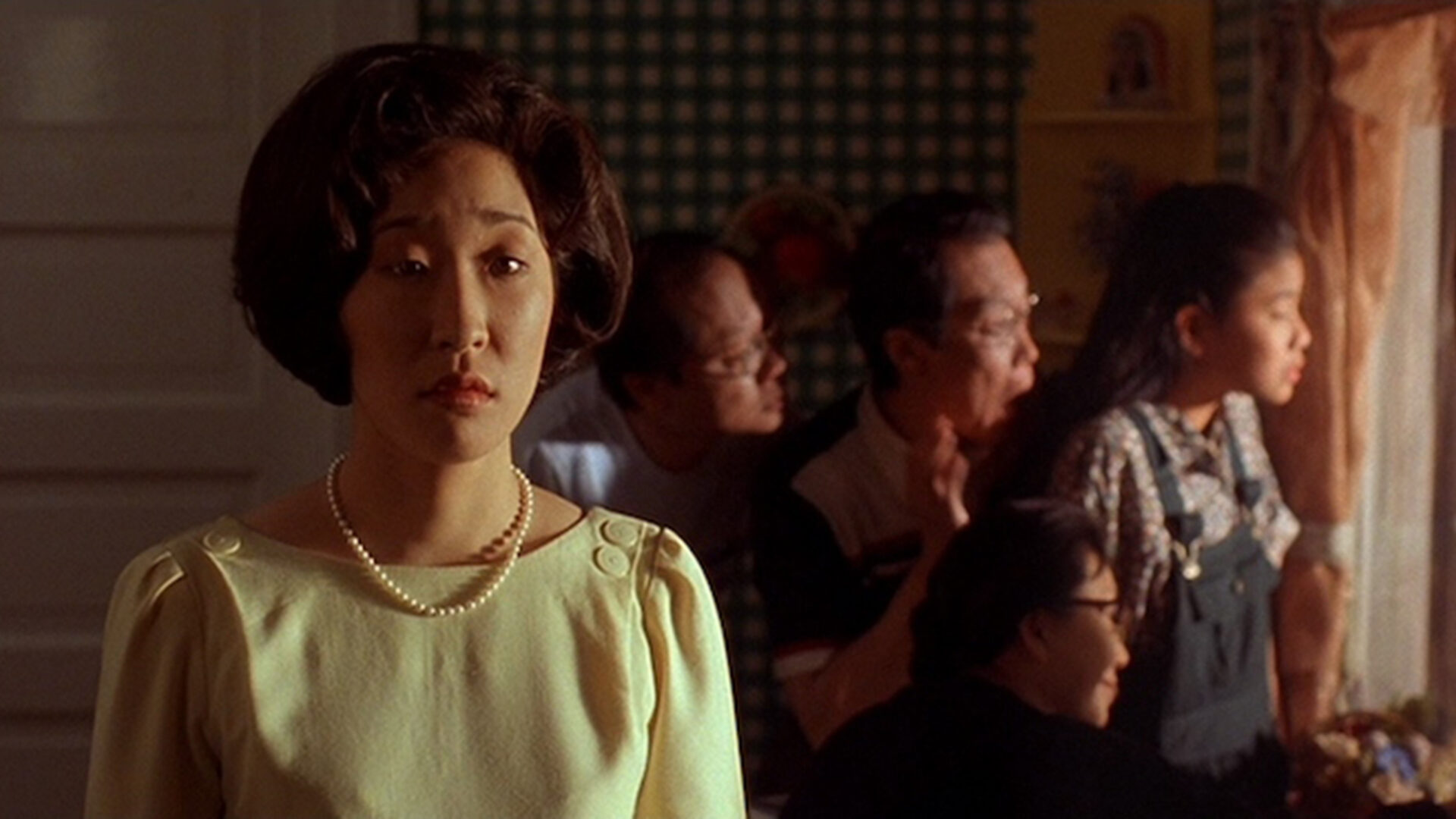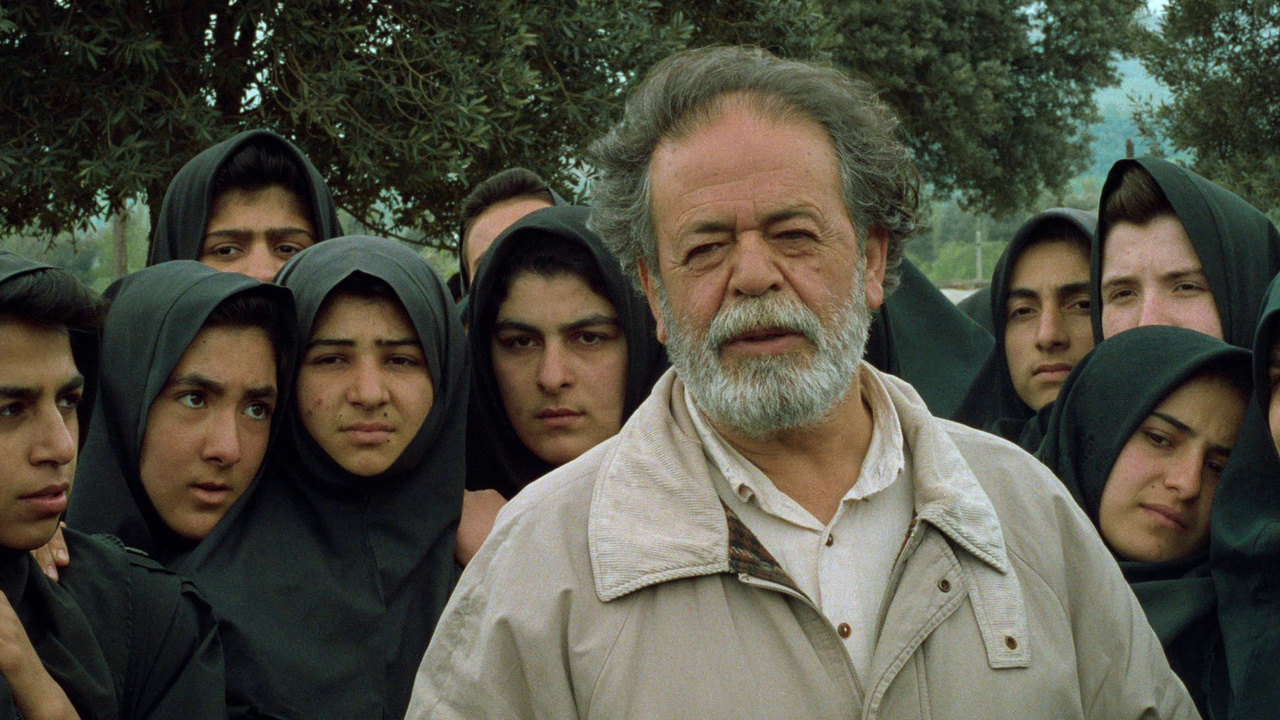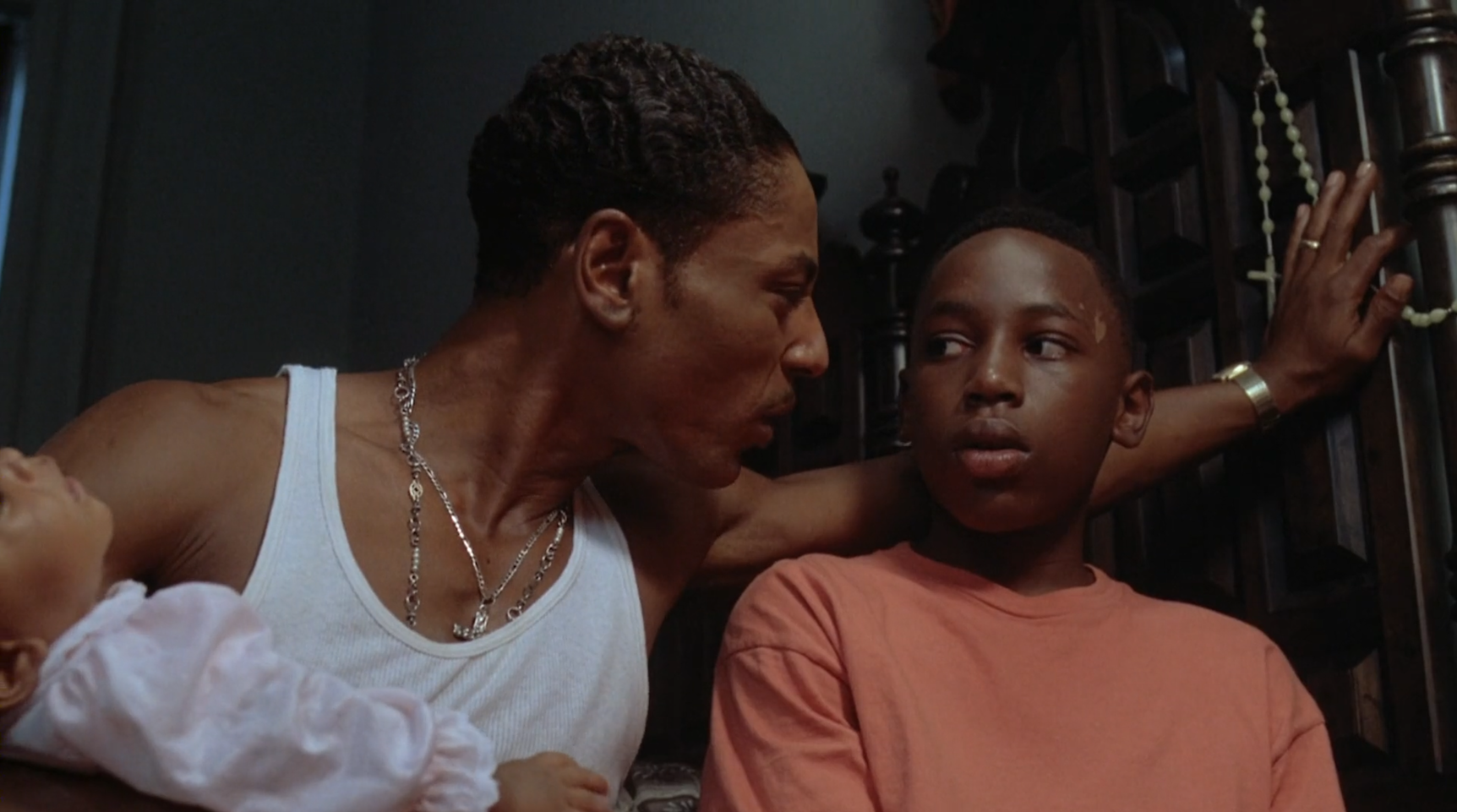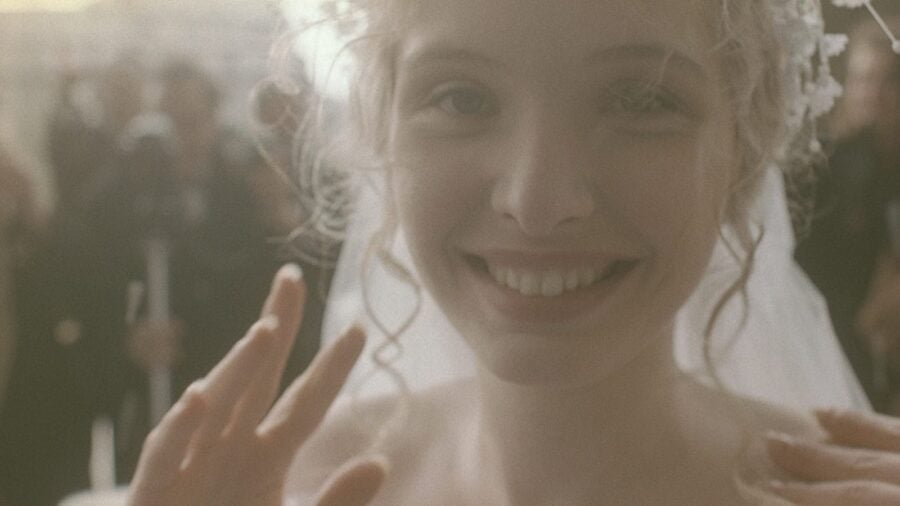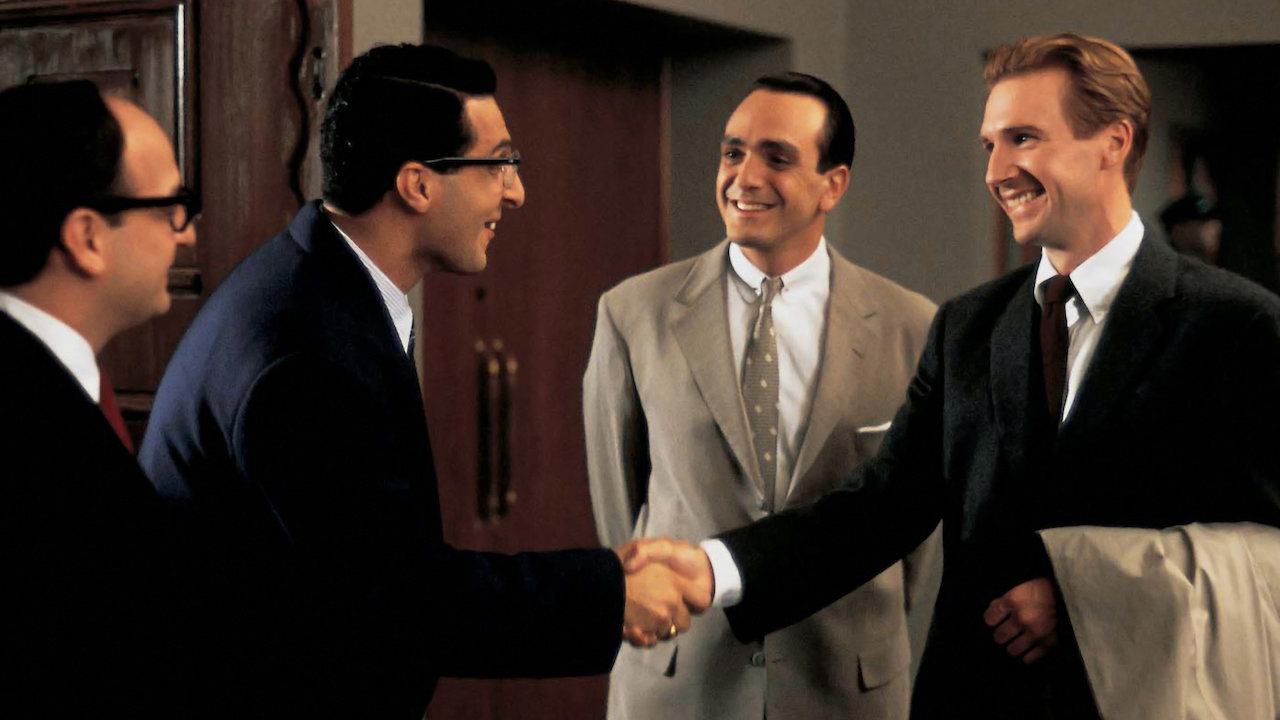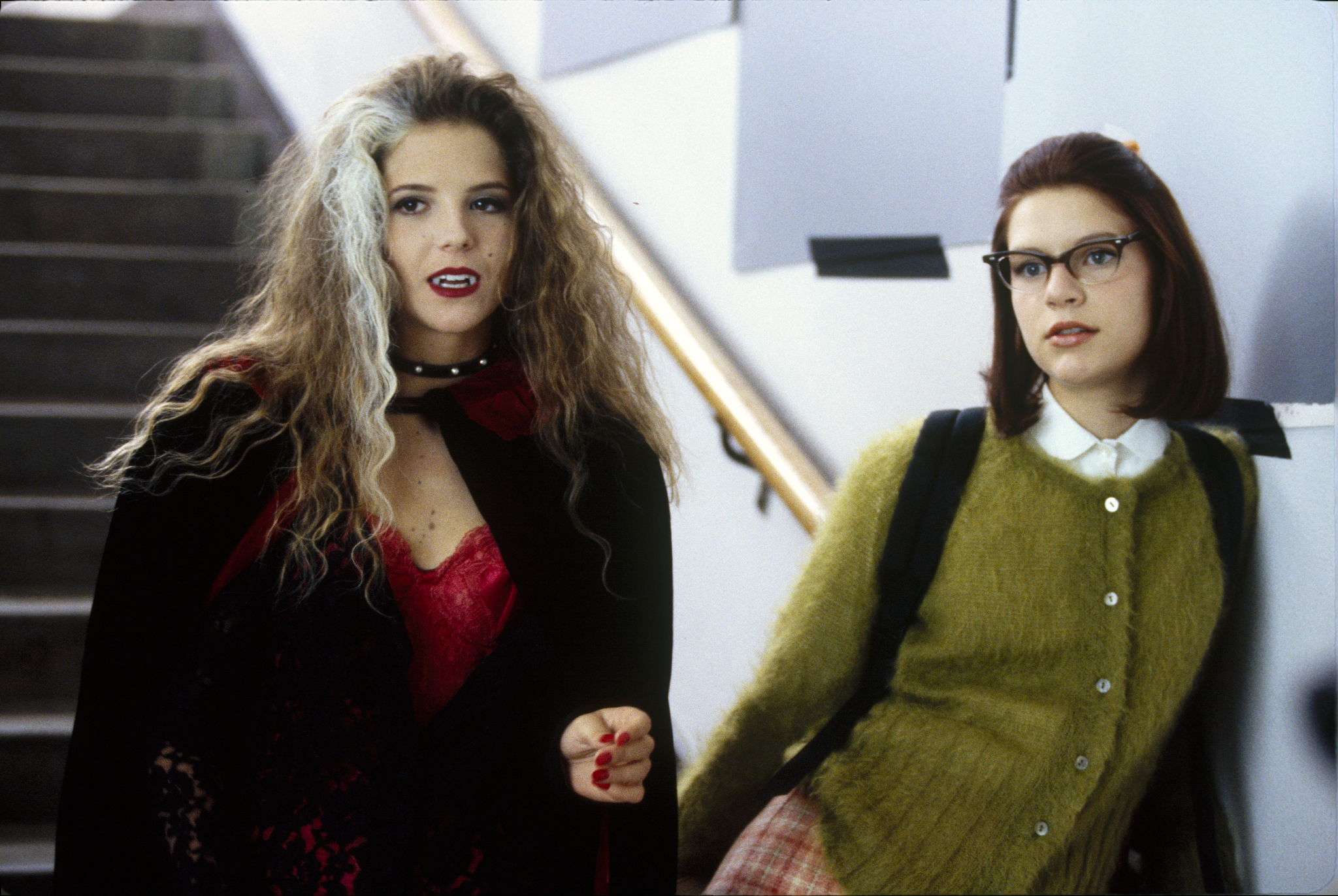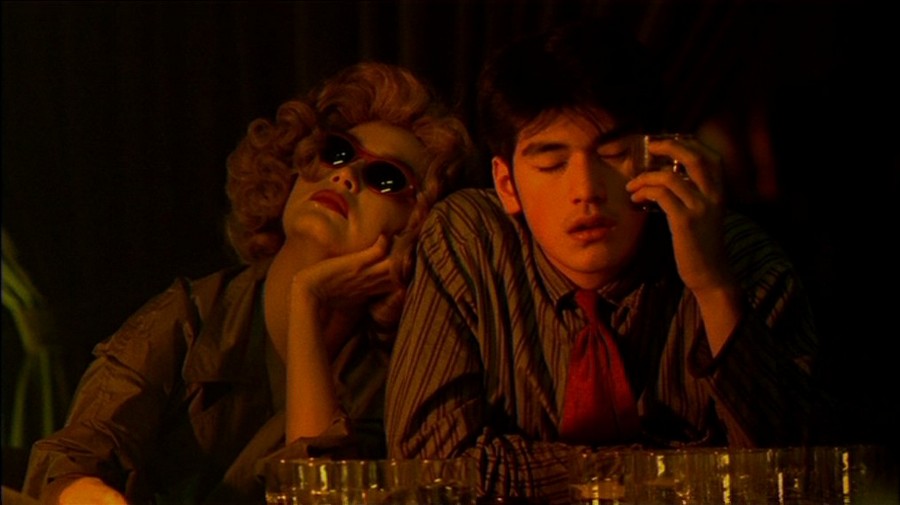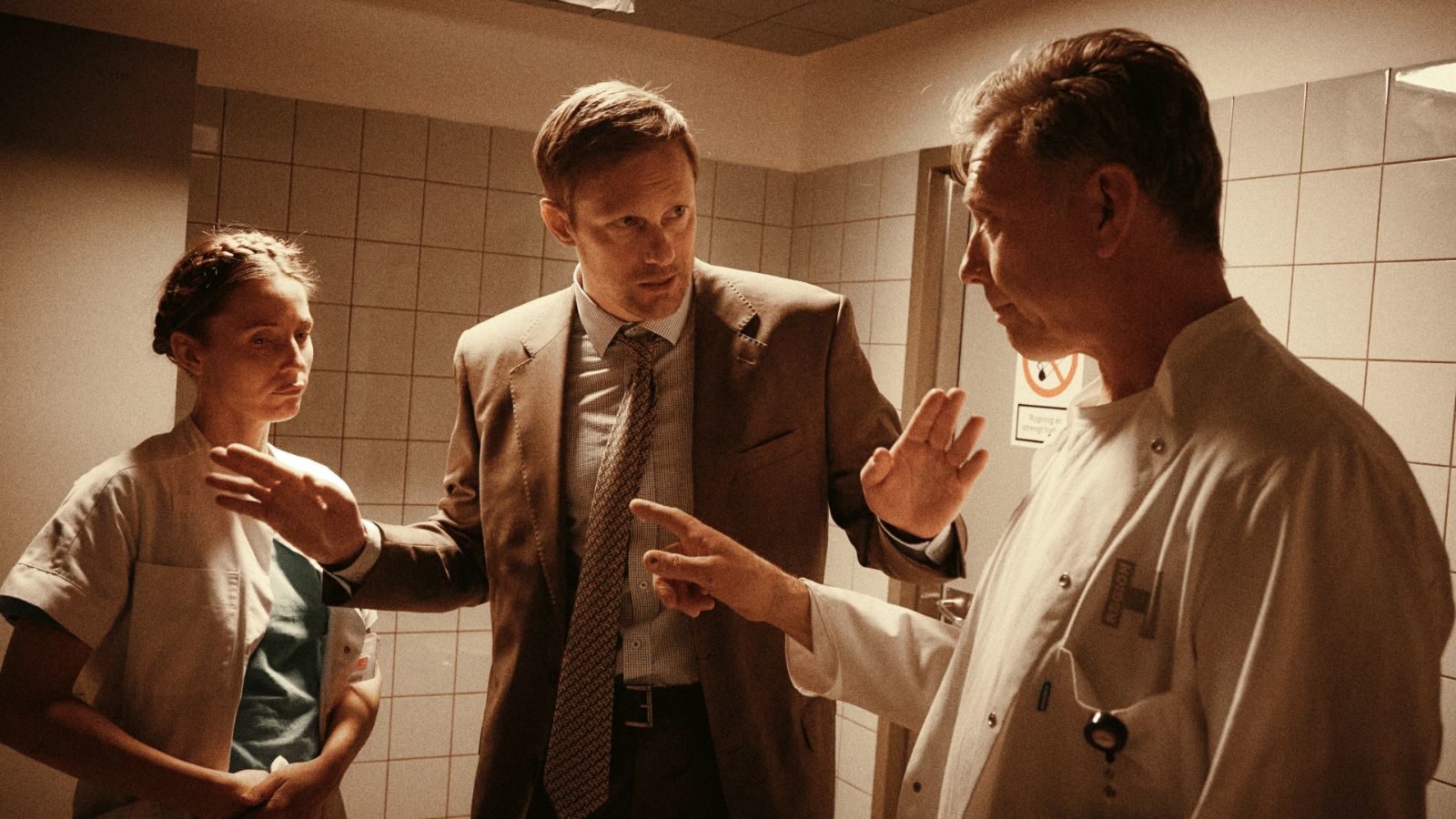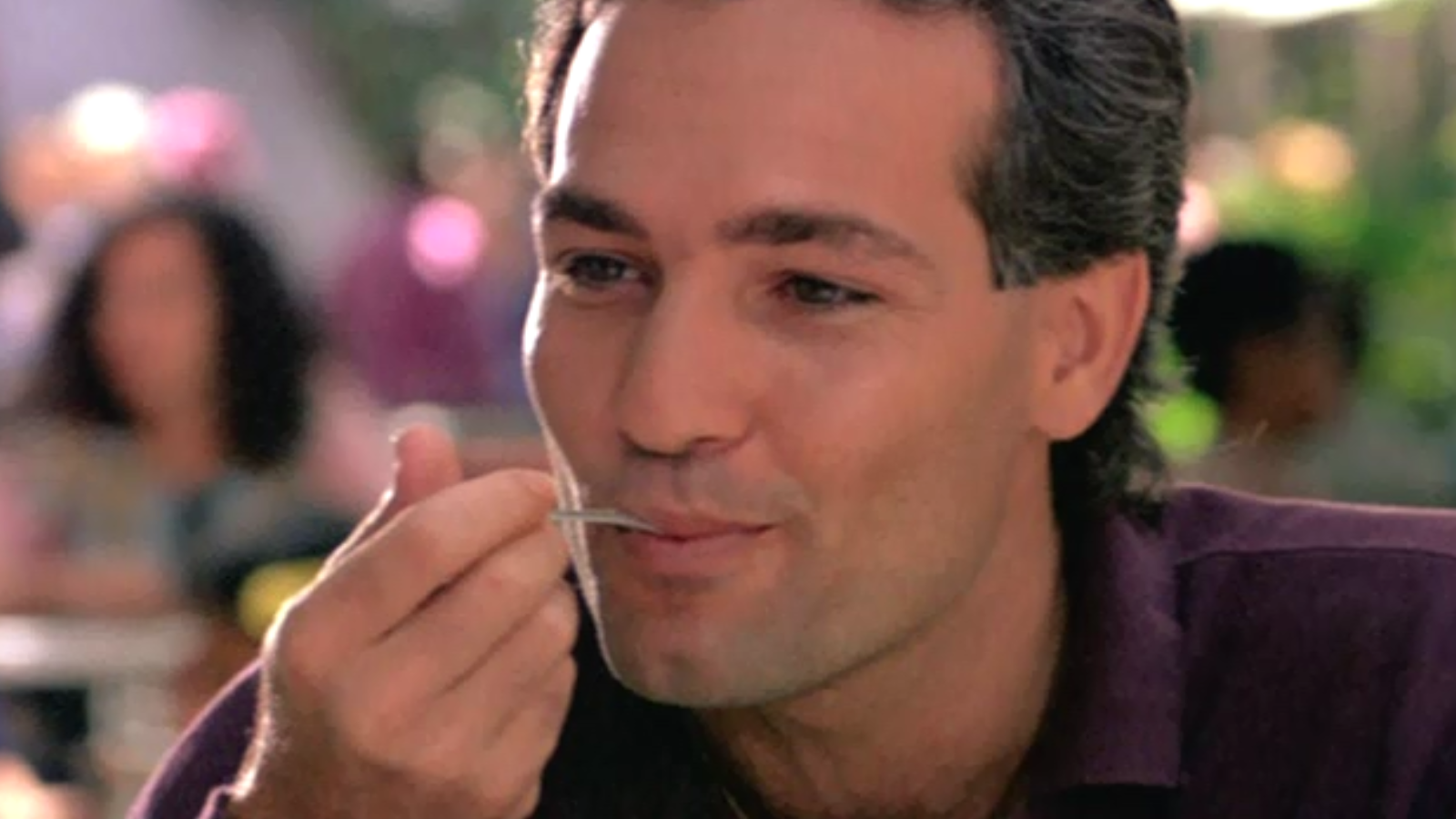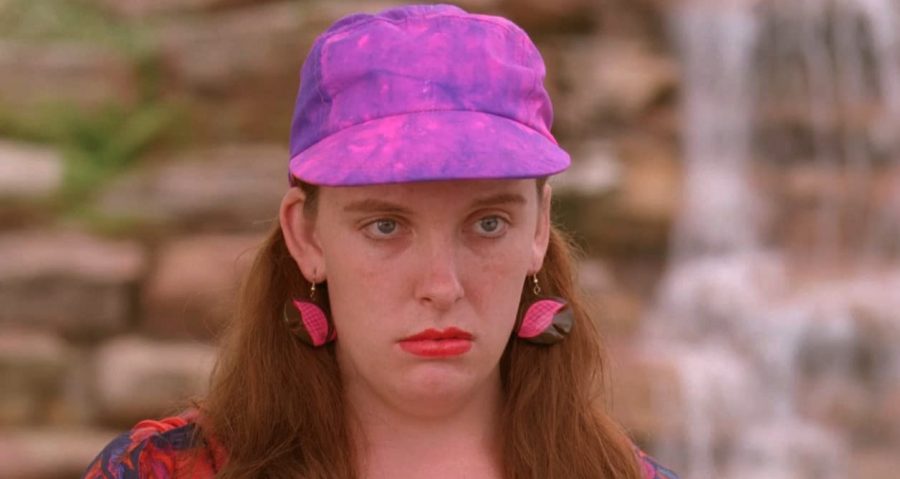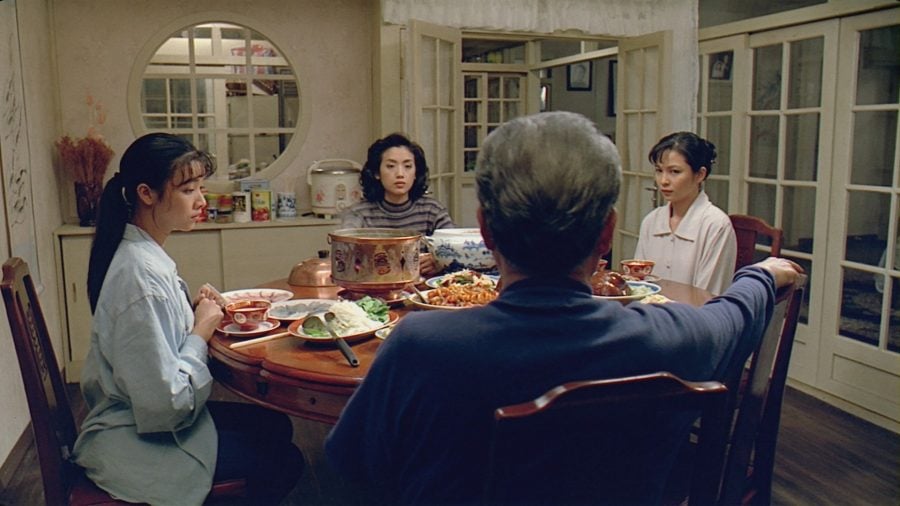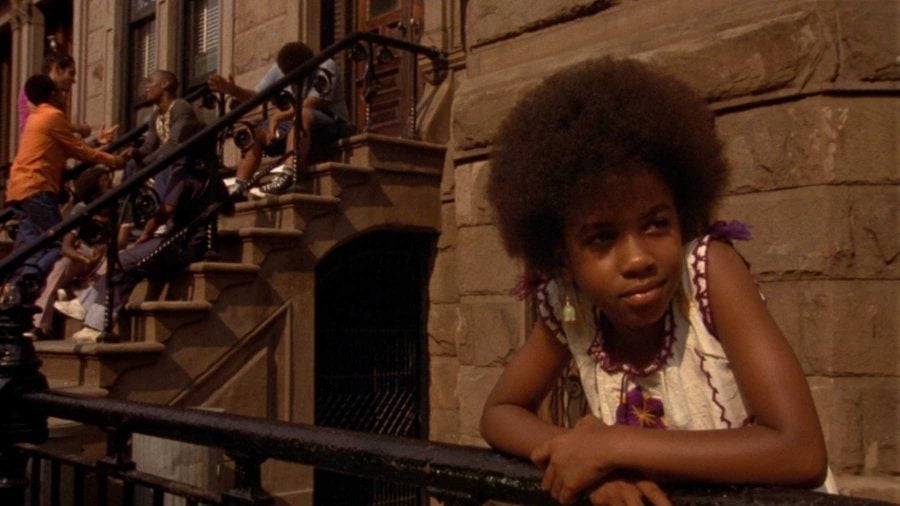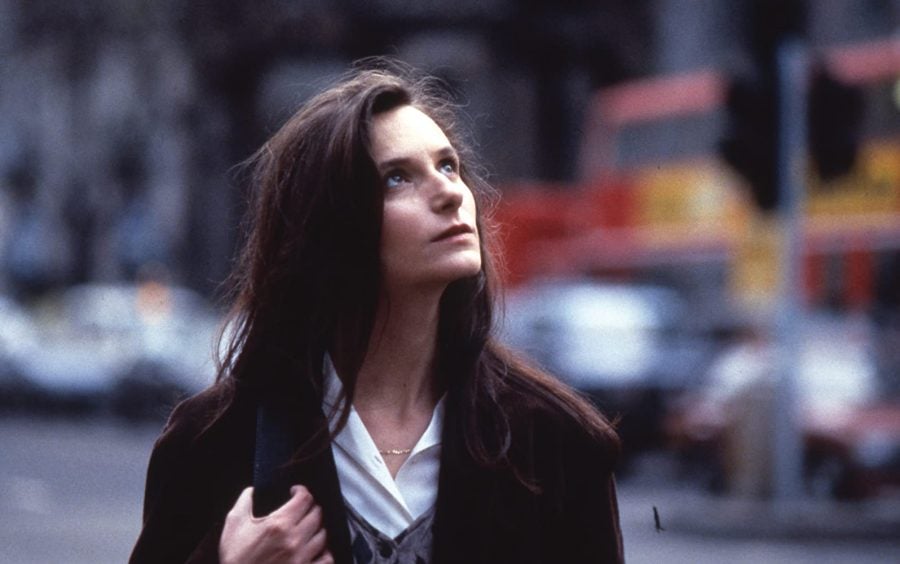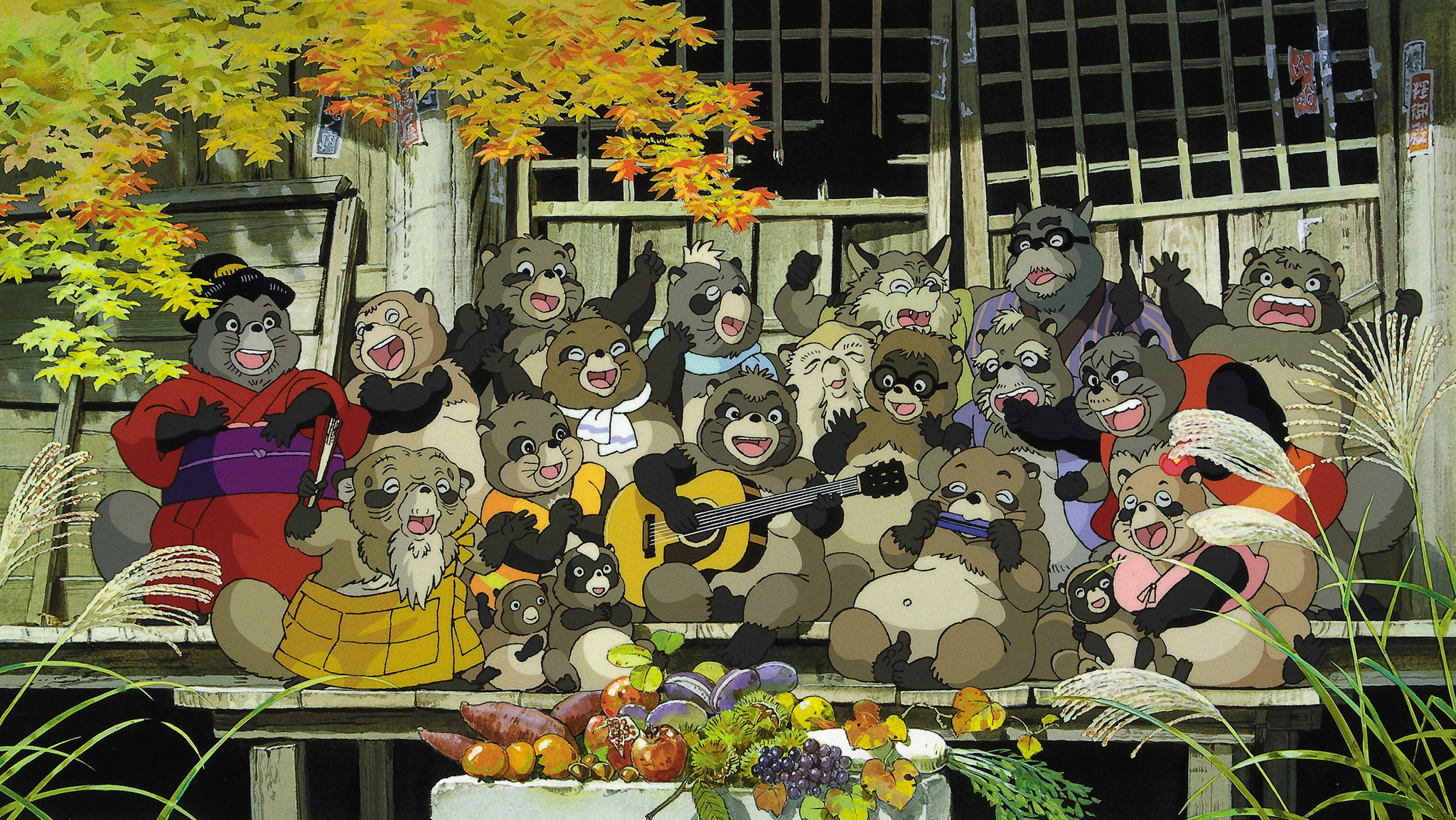Slow cinema might be an acquired taste for many viewers, but Tsai Ming-liang's gorgeous feature debut about Taiwan's aimless youth should have enough mystery and suspense to draw anybody in. They key, as with many of these films, isn't to demand that things happen or actions get explained, but to surrender to every possibility and suggestion of what might be motivating these characters beneath the surface. And through patient, perceptive observation, Tsai gives us so much to chew on: the sleeplessness of urban life, the unpredictability of relationships, and most importantly the morality that forms when a disillusioned young man fully embraces his being an outcast.
And if nothing else, Tsai provides us with some of the most beautiful and honest images of city life around. It's hard to describe, but just the neon-lit arcade halls and dingy hotel rooms are enough to let you into who these characters are. It's an experience not to be missed.
Genre: Crime, Drama, Romance
Actor: Chen Chao-jung, Lee Kang-sheng, Lu Yi-Ching, Miao Tian, Miao Tien, Wang Yu-wen, Yu-Wen Wang
Director: Tsai Ming-liang

